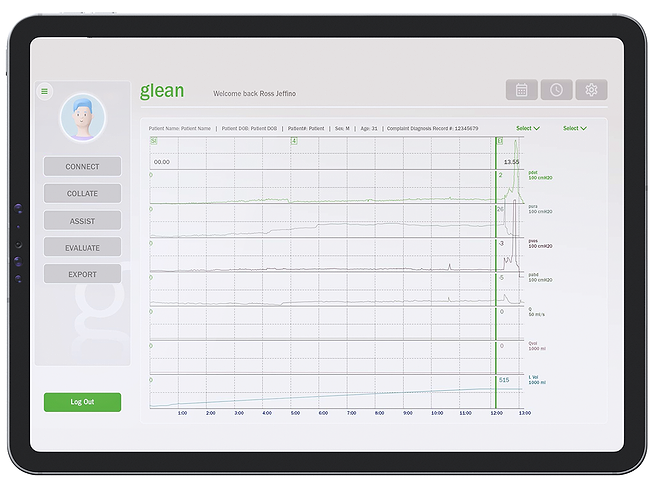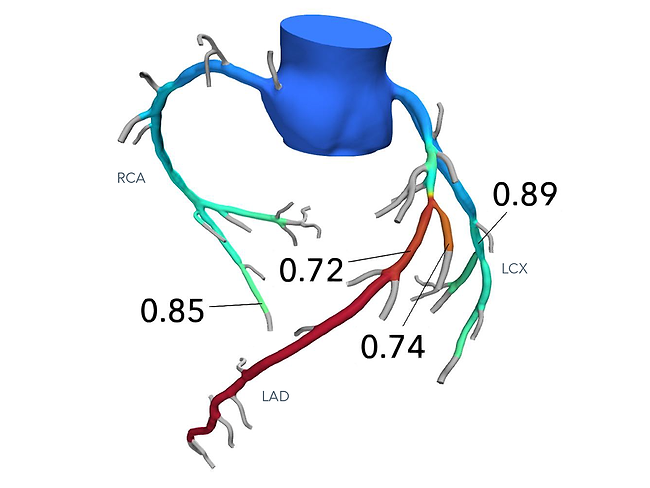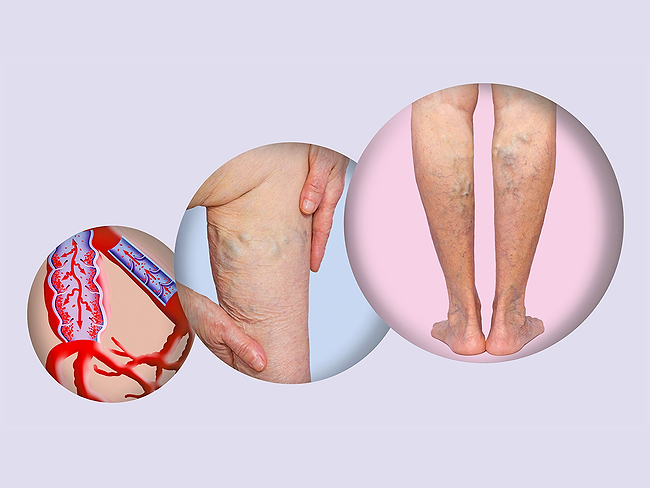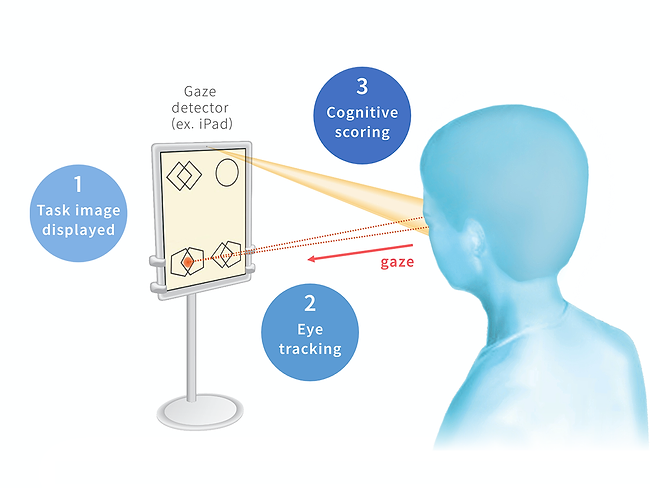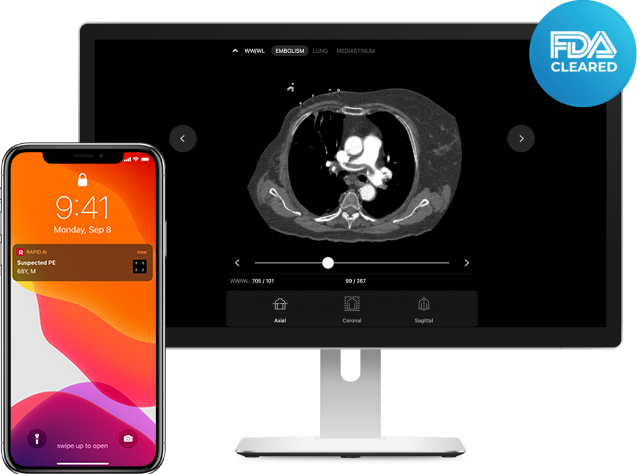
Digital health
RBC Global Healthcare Conference
Pandemic produced lasting changes in medical device markets
Read MoreANDHealth Digital Health Summit:
Big pharma sees digital medicine as core to its strategy, but clarity needed on data use, consent
Read MoreANDHealth Digital Health Summit:
